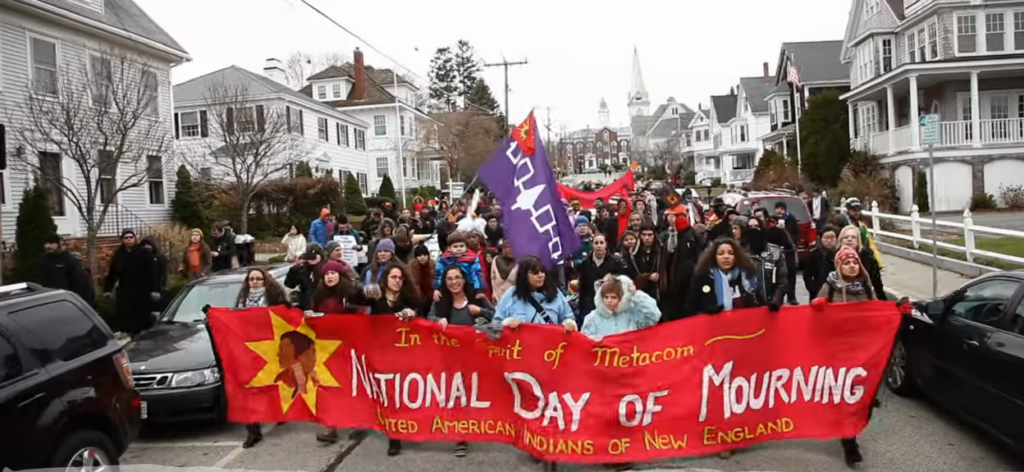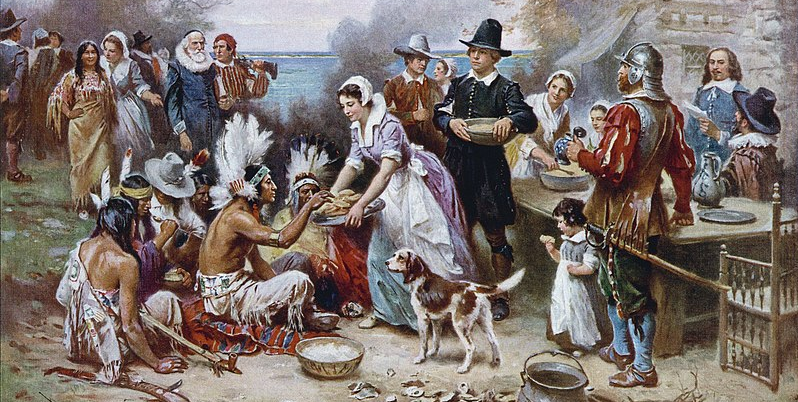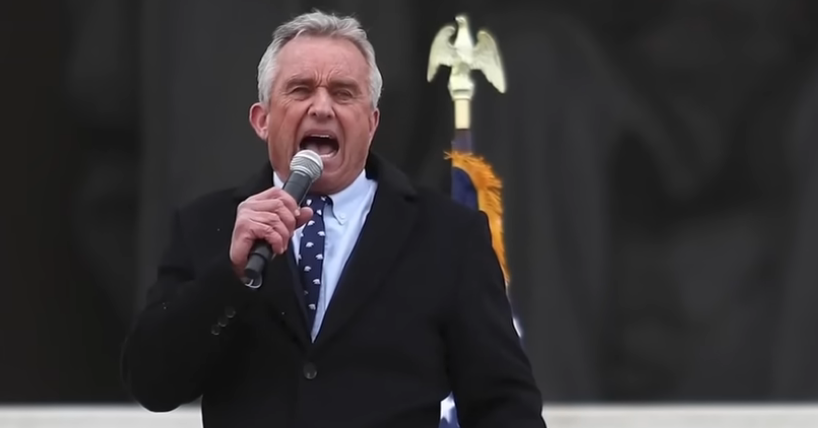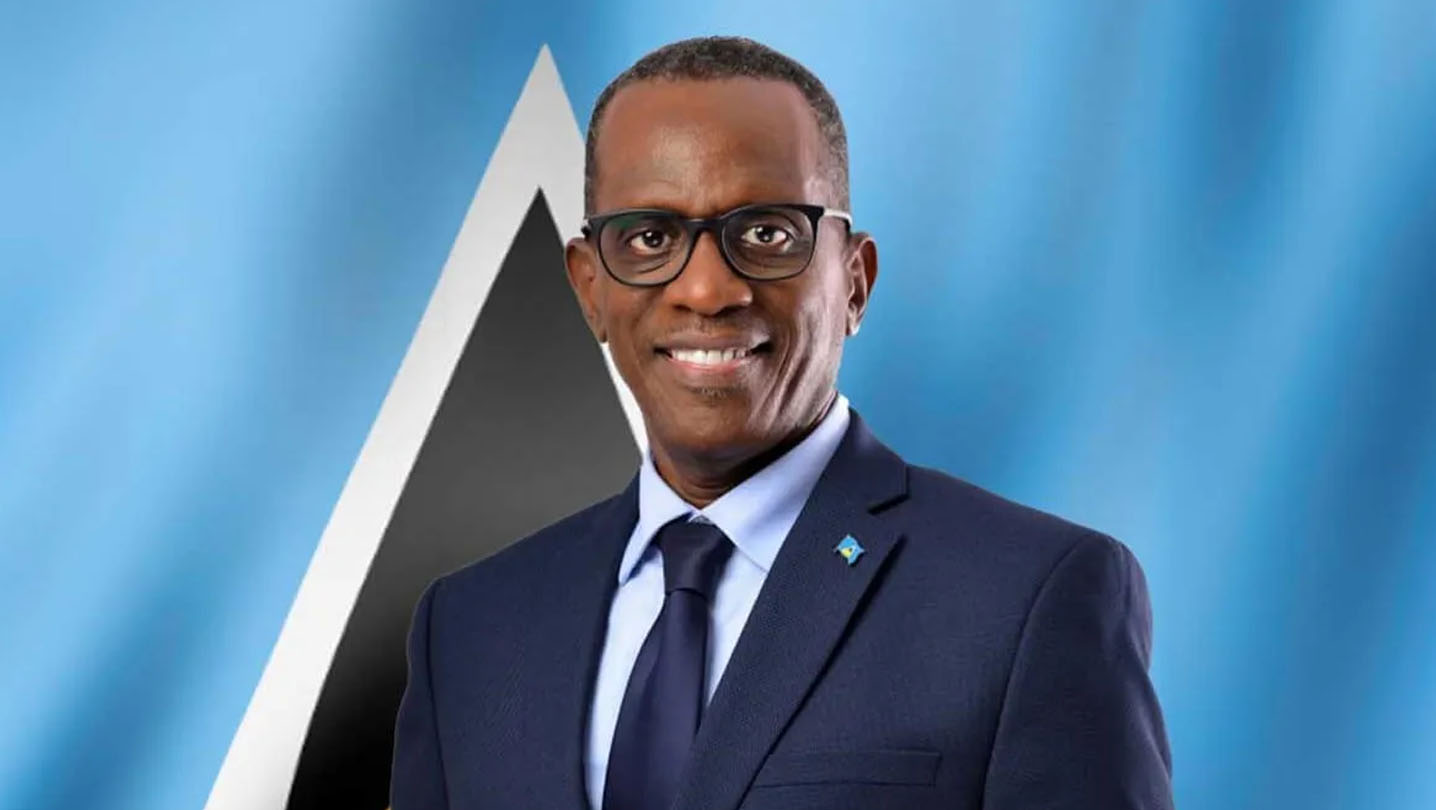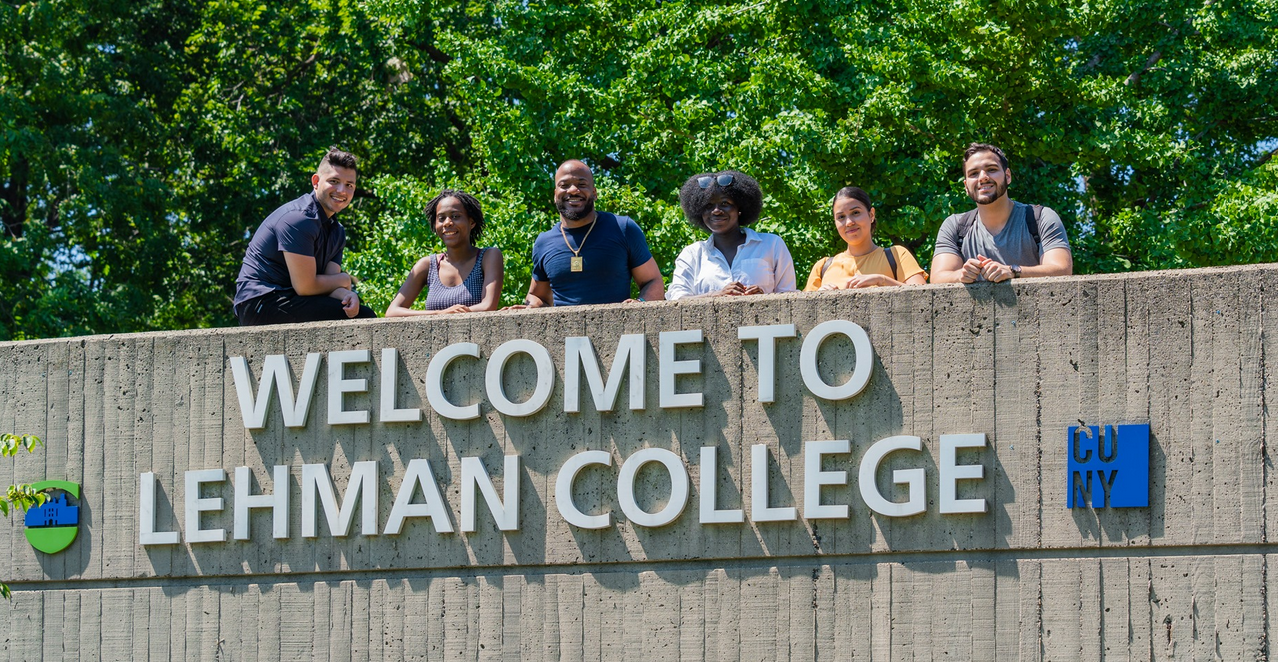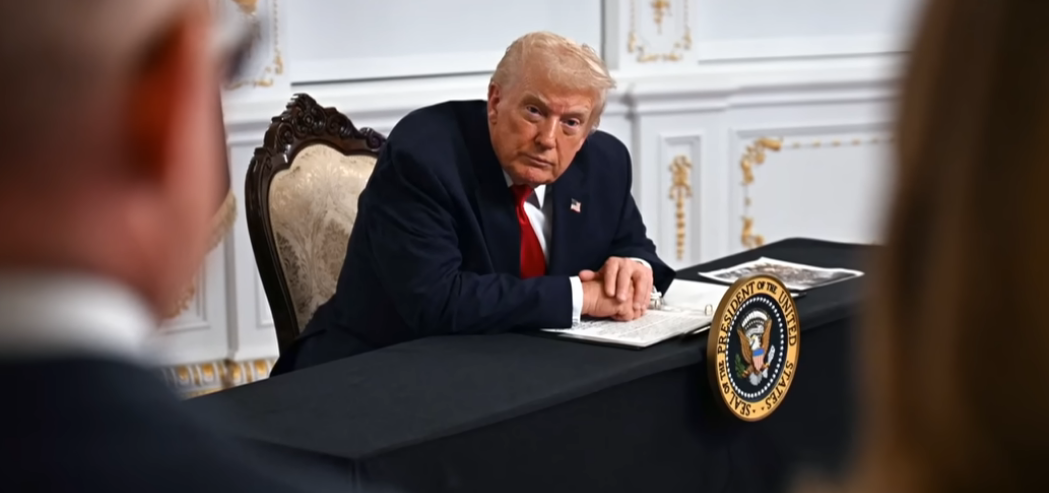Photos: YouTube Screenshots\Wikimedia Commons
There is a common tale that American students hear about the first Thanksgiving celebration: a group of friendly Native Americans welcomed the Pilgrims to the continent, taught them how to live, and sat down to dinner with them. However, David Silverman, an expert on the history of this population, claims that this Thanksgiving story is a myth. First of all, the tribe involved is almost never identified and, according to the myth, “they give America to whites so they can create a great nation dedicated to freedom, opportunity and Christianity so that the rest of the world can benefit. This is about natives giving in to colonialism,” Silverman argues in his book This Land Is Their Land.
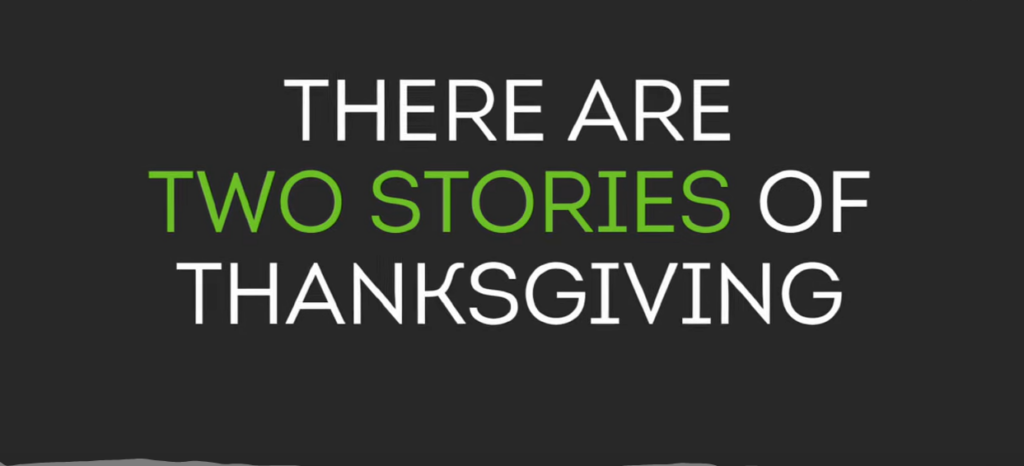
The truth is different.
The colonists, known as Pilgrims, arrived in 1620 in what is now Plymouth, Massachussetts, a land abandoned by most Patuxet Indians due to a disease outbreak. After a harsh winter that claimed half of the settlers — who couldn’t adjust to the land — the last surviving Patuxet, Tisquantum (also known as Squanto), helped the Pilgrims by teaching them to catch eel and grow corn. He served as an interpreter until succumbing to the same disease that wiped out his tribe a year later. The Wampanoag leader, Massasoit, who also lived in the surrounding area, provided food to the colonists during the challenging first winter.
The Pilgrims celebrated their first harvest in 1621, likely between Sept. 21 and Nov. 11, with 50 Mayflower passengers and 90 Native Americans. This feast, not initially identified as Thanksgiving, followed the harvest and was prepared by Pilgrim women and servants.
According to some accounts, the harvest was intended for the Pilgrims, but Native Americans joined the celebration after hearing celebratory gunfire, contributing their own foods. Paula Peters, historian for the Mashpee Wampanoag of Cape Cod, contends this: “They weren’t Pilgrims and the Wampanoag weren’t invited”. She points at settler accounts that say that the Pilgrims (also called Separatists) were celebrating their first harvest by blasting muskets, which caused “90 Wampanoag to arrive for war”, however, after learning they weren’t going to face a battle, “they stayed for a tense, diplomatic meal that may or may not have included turkey”.
However, the relationship between the two societies later deteriorated and culminated in “one of the most horrific colonial Indian wars on record,” King Philip’s War, according to Silverman. In the years that followed, the settlers committed massacres against Native tribes like the Pequot, and they also robbed Wampanoag graves and stole food from them to survive during their first years in the continent. This is the reason why Native Americans don’t see Thanksgiving as a celebration, but as a day of mourning, to remember what some call the genocide of natives tribes in America. READ MORE…
